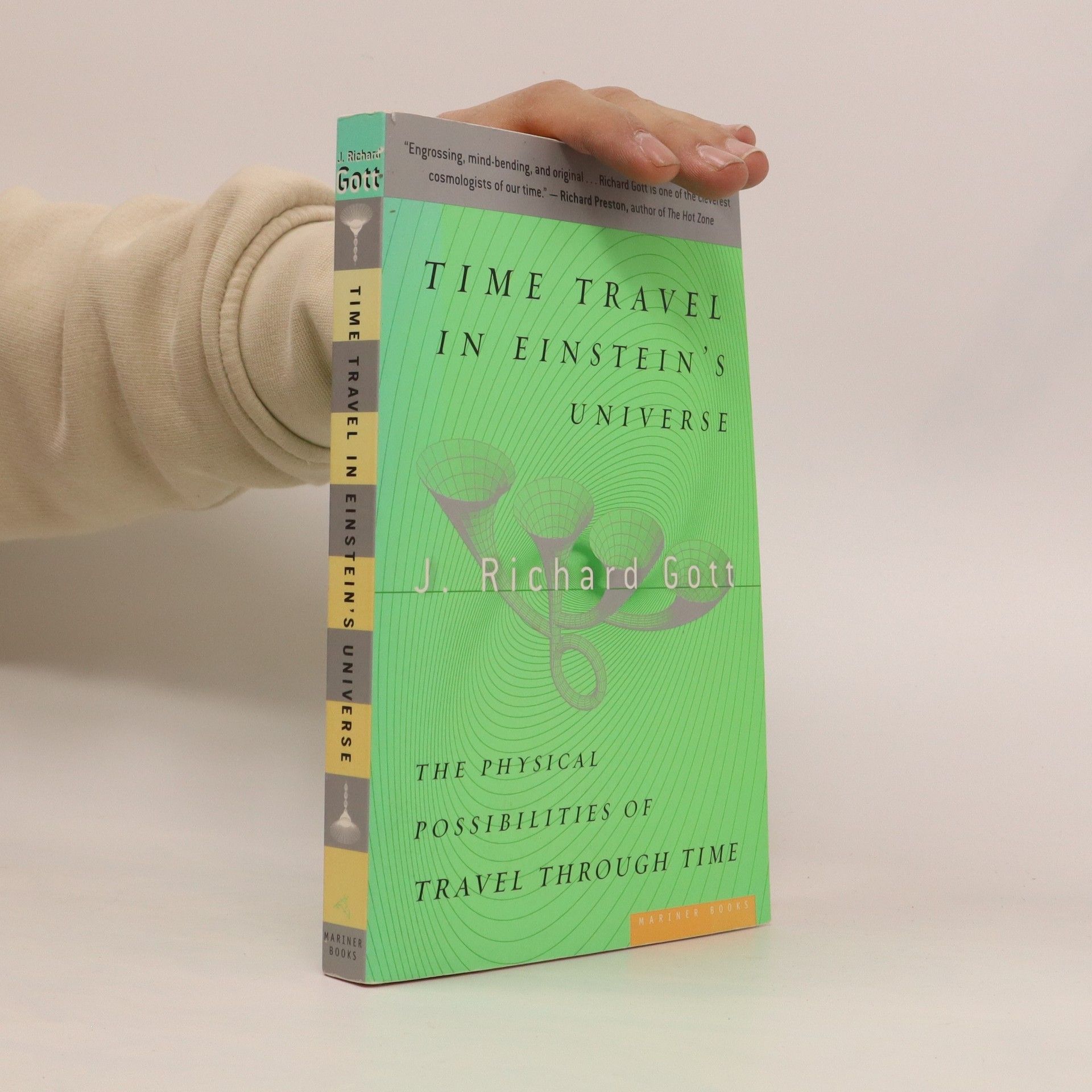A Brief Welcome to the Universe
- 248 pages
- 9 hours of reading
A pocket-style edition based on the New York Times bestsellerA Brief Welcome to the Universe offers a breathtaking tour of the cosmos, from planets, stars, and galaxies to black holes and time loops. Bestselling authors and acclaimed astrophysicists Neil deGrasse Tyson, Michael A. Strauss, and J. Richard Gott take readers on an unforgettable journey of exploration to reveal how our universe actually works.Propelling you from our home solar system to the outermost frontiers of space, this book builds your cosmic insight and perspective through a marvelously entertaining narrative. How do stars live and die? What are the prospects of intelligent life elsewhere in the universe? How did the universe begin? Why is it expanding and accelerating? Is our universe alone or part of an infinite multiverse? Exploring these and many other questions, this pocket-friendly book is your passport into the wonders of our evolving cosmos.


